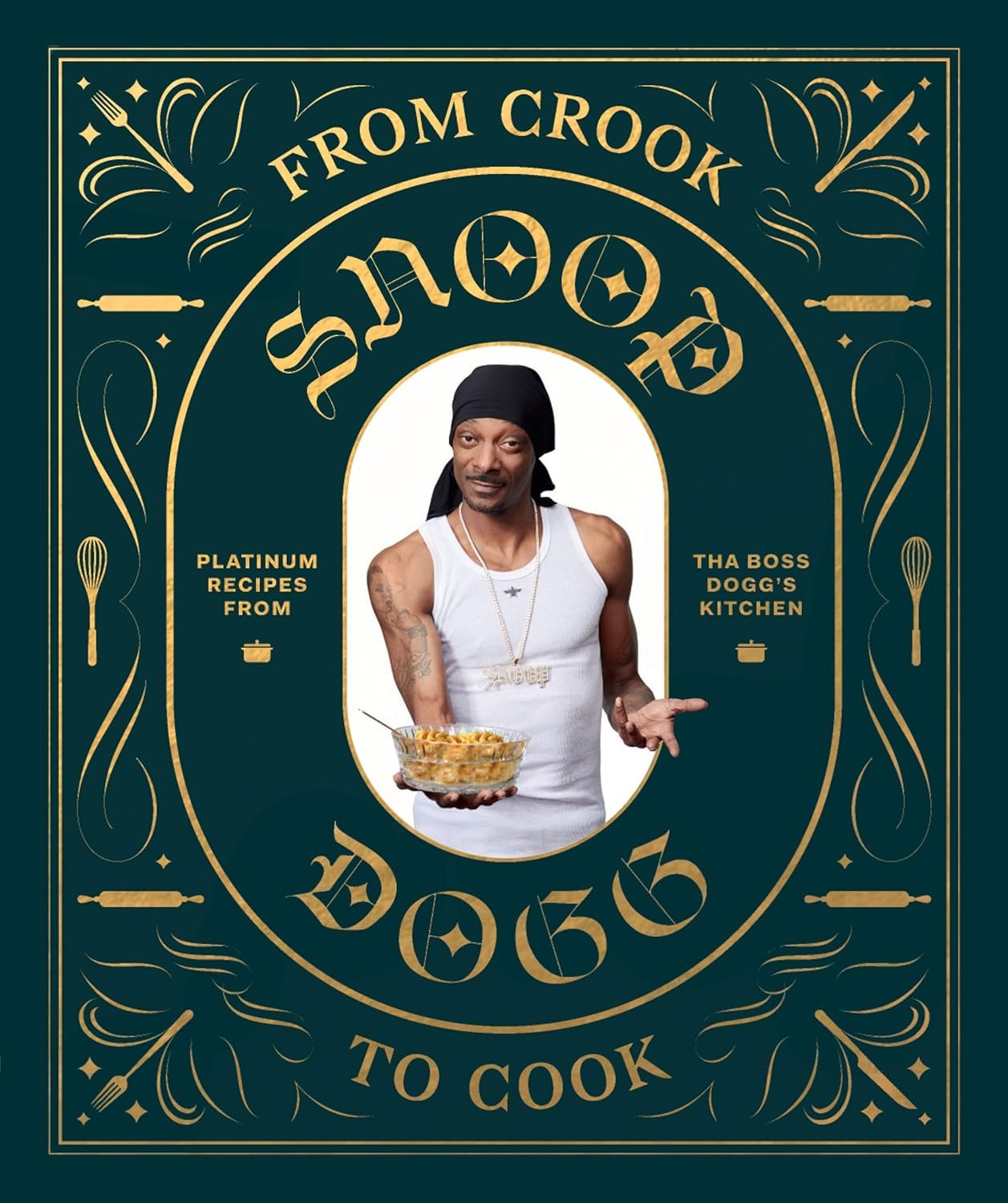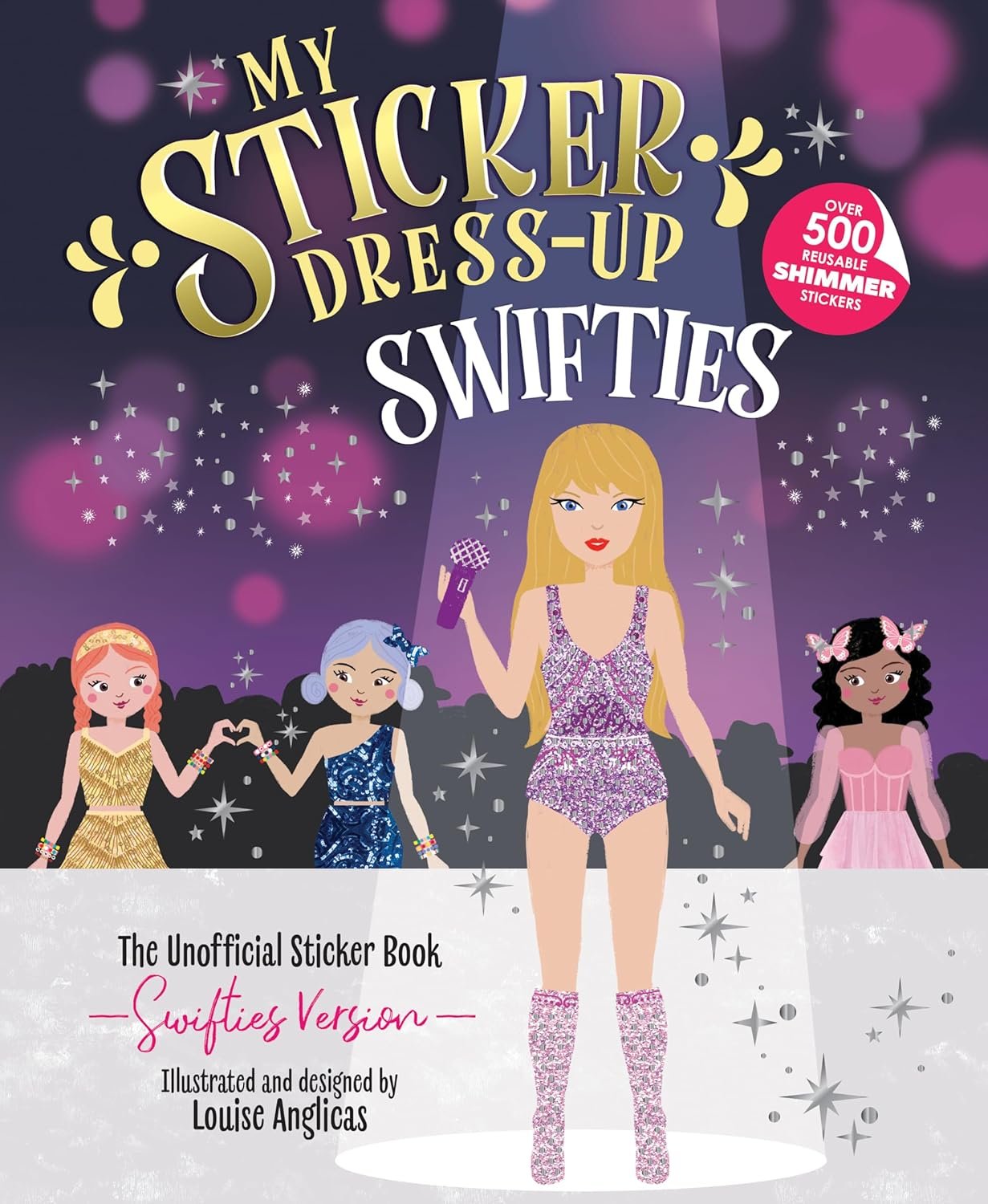… I am sure that Michael will be penning a letter as well, but as I count you as a dear, dear friend, I wanted to write to you myself to inform you that we have married. Are you surprised? I must confess that I was.
—-from the Countess of Kilmartin to Helen Stirling, three days after her marriage to the Earl of Kilmartin
“You look terrible.”
Michael turned to Francesca with a somewhat dry expression. “And good morning to you, too,” he remarked, turning his attention back to his eggs and toast.
Francesca slid into place across the breakfast table from him. It was two weeks into their marriage; Michael had risen early that morning, and when she’d awakened, his side of the bed had been cold.
“I’m not joking,” she said, feeling her concern knit her brows into a wrinkled line. “You look quite pasty, and you’re not even sitting up straight. You should go back to bed and get some rest.”
He coughed, then coughed again, the second spasm wracking his body. “I’m fine,” he said, although the words came out rather like a gasp.
“You’re not fine.”
He rolled his eyes. “Married a fortnight, and already—”
“If you didn’t wish for a nagging wife, you shouldn’t have married me,” Francesca said, judging the distance across the table and deciding that she couldn’t reach far enough to touch his forehead to check for fever.
“I’m fine,” he said firmly, and this time he picked up his copy of The London Times—several days old but as current as they could expect in the Scottish border counties— and proceeded to ignore her.
Two could play at that game, Francesca decided, and she devoted her attention to the always challenging task of spreading jam on her muffin.
Except he coughed.
She shifted in her seat, trying not to say anything.
He coughed again, this time turning away from the table so that he could bend over a bit.
“M—”
He gave her a look of such ferocity that she shut her mouth. She narrowed her eyes.
He inclined his head in an annoyingly condescending manner, then had the effect ruined when his body convulsed with another spasm.
“That’s it,” Francesca announced, rising to her feet. “You are going back to bed. Now.”
“I’m fine,” he grunted.
“You’re not fine.” “I’m—”
“Sick,” she interrupted. “You’re sick, Michael. Diseased, ill, plague-ridden, you’re sick. As a dog. I don’t see how I could possibly make it any more clear.”
“I haven’t got the plague,” he muttered.
“No,” she said, coming around the table to grasp his arm, “but you do have malaria, and—”
“It’s not malaria,” he said, whacking his chest as he coughed again.
She pulled him to his feet, a task she couldn’t have completed without at least a bit of assistance on his part. “How do you know that?” she asked.
“I just do.”
She pursed her lips. “And you speak with the medical expertise that comes from—”
“Having had the disease for the better part of a year,” he cut in. “It’s not malaria.”
She nudged him toward the door. “Besides,” he protested, “it’s too soon.” ‘Too soon for what?“
“For another attack,” he explained wearily. “I just had one in London, what was it—two months ago? It’s too soon.”
“Why is it too soon?” she asked, her voice strangely quiet.
“It just is,” he muttered, but inside, he knew a different truth. It wasn’t too soon; he’d known plenty of people who’d had their malarial attacks two
months apart.
They’d all been sick. Really sick. Quite a few of them had died.
If his attacks were coming closer together, did that mean the disease was winning?
Now there was irony for you. He’d finally married Francesca, and now he might be dying.
“It isn’t malaria,” he said again, this time with enough force to make her stop walking and look up at him.
“It isn’t,” he said.
She just nodded.
“It’s probably a cold,” he said.
She nodded again, but he got the distinct impression that she was placating him.
“I’ll take you to bed,” she said softly. And he let her.
Ten hours later, Francesca was terrified. Michael’s fever was rising, and although he was not delirious or incoherent, it was clear that he was very, very ill. He kept saying that it wasn’t malaria, that it didn’t feel like malaria, but every time she pressed him for details, he couldn’t explain why—at least not to her satisfaction.
She didn’t know much about the disease; the fashionable ladies’ bookshops in London declined to carry medical texts. She’d wanted to ask her own doctor, or even seek an expert at the Royal College of Physicians, but she had made a promise to Michael that she would keep his illness a secret. If she ran around town making queries about malaria, eventually someone would want to know why. Thus, most of what she knew she had learned from Michael during the few short months he’d been back from India.
But it didn’t seem right that the attacks were coming closer together. Not, she had to allow, that she possessed any medical knowledge upon which to base that assumption. When he’d fallen ill in London, he’d said that it had been six months since his last set of fevers, and three before that.
Why would the disease suddenly change course and attack again so quickly? It just didn’t make sense. Not if he was getting better.
And he had to be getting better. He had to be.
She sighed, reaching out to touch his forehead. He was sleeping now, snoring slightly, as he tended to when he was congested. Or so he’d told her. They hadn’t been married long enough for her to have gained that knowledge firsthand.
His skin was hot, although not burningly so. His mouth looked parched, so she spooned some tepid tea over his lips, tilting up his chin to try to help him swallow in his sleep.
Instead, he choked and came awake, spewing the water across the bed.
“Sorry,” Francesca said, surveying the damage. At least it had been a small spoonful.
“What the devil are you doing to me?” he sputtered.
“I don’t know,” she admitted. “I haven’t much experience nursing. You looked thirsty.”
“Next time I’m thirsty, I’ll tell you,” he grumbled.
She nodded her agreement and watched as he tried to make himself comfortable again. “You wouldn’t happen to be thirsty right now?” she asked in a mild voice.
“Just a bit,” he said, his syllables slightly clipped.
Without a word, she held out the cup of tea. He downed it all in one long gulp.
“Would you like another cup?”
He shook his head. “Any more and I’m going to have to pi—” He broke off and cleared his throat. “Sorry,” he mumbled.
“I have four brothers,” she said. “Pay it no mind. Would you like me to fetch you the chamberpot?”
“I can do it myself.”
He didn’t look well enough to cross the room on his own, but she knew better than to argue with a man in that irritable a state. He would come to his senses when he tried to stand and fell right back down against the bed. No amount of argument or reason on her part would convince him otherwise.
“You’re quite feverish,” she said softly. “It isn’t malaria.”
“I didn’t say—”
“You were thinking it.”
“What happens if it is malaria?” she asked. “It’s not—”
“But what if it is?” she cut in, and to her horror, her voice had that awful pitch to it, that roundish sound of terror it made just before it actually choked.
Michael looked at her for several seconds, his eyes grim. Finally, he just rolled over and said, “It’s not.”
Francesca swallowed. She had her answer now. “Do you mind if I leave?” she blurted out, standing up so quickly the blood rushed from her head.
He didn’t say anything, but she could see him shrug under the covers.
“It’s just for a walk,” she explained haltingly, making her way to the door. “Before the sun goes down.”
“I’ll be fine,” he grunted.
She nodded, even though he wasn’t looking at her. “I’ll see you soon,” she said.
But he’d already fallen back asleep.
The air was misty and threatened more precipitation, so Francesca grabbed a rain parasol and made her way to the gazebo. The sides were open to the elements, but it had a roof, and should the heavens open, she would remain at least nominally dry.
But with every step, it felt as if her breathing was growing more labored, and by the time she reached her destination, she was heaving with exertion, not from the walk, but just from keeping the tears at bay.
The minute she sat down, she stopped trying.
Each sob was huge, and hugely unladylike, but she didn’t care.
Michael might be dying. For all she knew, he was dying, and she was going to be a widow twice over.
It had nearly killed her last time.
And she just didn’t know if she was strong enough to go through it all again. She didn’t know if she wanted to be strong enough.
It wasn’t right, and it wasn’t fair, damn it all, that she should have to lose two husbands when so many women got to hold onto one for an entire lifetime. And most of those women didn’t even like their spouses, whereas she, who actually loved them both—
Francesca’s breath caught. She loved him? Michael?
No, no, she assured herself, she didn’t love him. Not like that. When she’d thought it, when the word had echoed through her brain, she’d meant in friendship. Of course she loved Michael that way. She’d always loved him, right? He was her best friend, had been even back when John was alive.
She pictured him, saw his face, his smile.
She closed her eyes, remembered his kiss and the perfect feeling of his hand at the small of her back as they walked through the house.
And she finally figured out why everything had seemed different between them of late. It wasn’t, as she’d originally supposed, just because they’d married. It wasn’t because he was her husband, because she wore his ring on her finger.
It was because she loved him.
This thing between them, this bond—it wasn’t just passion, and it wasn’t wicked.
It was love, and it was divine.
And Francesca could not have been more surprised if John had materialized before her and started to dance an Irish reel.
Michael.
She loved Michael.
Not just as a friend, but as a husband and a lover. She loved him with the depth and intensity she’d felt for John.
It was different, because they were different men, and she was different now, too, but it was also the same. It was the love of a woman for a man, and it filled every corner of her heart.
And by God, she didn’t want him to die.
“You can’t do this to me,” she yelled, hanging over the side of the gazebo bench and looking up at the sky. A fat raindrop landed on the bridge of her nose, splashing into her eye.
“Oh, no you don’t,” she growled, wiping the moisture away. “Don’t think you can—”
Three more drops, in rapid succession.
“Damn,” Francesca muttered, followed by a “Sorry,” aimed back up at the clouds.
She pulled her head back into the gazebo, taking refuge under the wooden roof as the rain grew in intensity.
What was she supposed to do now? Charge forth with all the single-minded purpose of an avenging angel, or have a good cry and feel sorry for herself?
Or maybe a little of both.
She looked out at the rain, which was now thundering down with enough force to strike fear in the heart of even the most determined of avenging angels.
Definitely a little of both.
Michael opened his eyes, surprised to discover that it was morning. He blinked a few times, just to verify this fact. The curtains were drawn shut, but not all the way, and there was a clear streak of light making a stripe along the carpet.
Morning. Well. He must have been really tired. The last thing he remembered was Francesca dashing out the door, stating her intention to go for a walk, despite the fact that any fool would have realized that it was going to rain.
Silly woman.
He tried to sit up, then quickly flopped back down on the covers. Damn, he felt like death. Not, he allowed, the finest metaphor under the circumstances, but he couldn’t think of much else that would adequately describe the ache that permeated his body. He felt exhausted, nearly glued to the sheets. The mere thought of sitting up was enough to make him groan.
Damn, he was miserable.
He touched his forehead, trying to ascertain if he still had a fever, but if his brow was hot, then so was his hand; he couldn’t tell a thing other than the fact that he was damned sweaty and certainly in need of a good bath.
He tried to sniff the air around him, but he was so congested that he ended up coughing.
He sighed. Well, if he stank, at least he didn’t have to smell it.
He heard a soft sound at the door and looked up to see Francesca entering the room. She moved quietly on stockinged feet, clearly trying to avoid disturbing him. As she approached the bed, however, she finally looked at him and let out a little, “Oh!” of surprise.
“You’re awake,” she said.
He nodded. “What time is it?”
“Half eight. Not too late, really, except that you fell asleep last evening before the supper hour.”
He nodded again, since he didn’t really have anything pertinent to add to the conversation. And besides that, he was too tired to speak.
“How are you feeling?” she asked, sitting down beside him. “And would you like something to eat?”
“Like hell, and no, thank you.”
Her lips curved slightly. “Something to drink?”
He nodded.
She picked up a small bowl that had been sitting on a nearby table. A saucer had been resting on top of it, presumably to keep the contents warm. “It’s from last night,” she said apologetically, “but I’ve had it covered, so it shouldn’t be too dreadful.”
“Broth?” he asked.
She nodded, holding a spoon to his lips. “Is it too cold?”
He sipped a little, then shook his head. It was barely lukewarm, but he didn’t think he could stand anything overheated, anyway.
She fed him in silence for a minute or so, and then, once he said he’d had enough, she set the bowl back down, carefully replacing the lid, even though he imagined she would wish to order up a new bowl for his next meal. “Do you have a fever?” she whispered.
He tried to summon a devil-may-care smile. “I have no idea.” She reached out to touch his forehead.
“Didn’t have time to bathe,” he mumbled, apologizing for his slippery visage without actually uttering the word sweat in her presence.
She made no sign of having heard his attempt at a joke, instead just furrowed her brow as she pressed her hand against him more closely. And then, surprising him with her swiftness, she stood and leaned over him, touching her lips to his forehead.
“Frannie?”
“You’re hot,” she said, barely breathing the words. “You’re hot!” He did nothing but blink.
“You still have a fever,” she said excitedly. “Don’t you understand? If you still have a fever, it can’t be malaria!”
For a moment he couldn’t breathe. She was right. He couldn’t believe it had not occurred to him, but she was right. The malarial fevers always disappeared by morn-ing. They hit again the next day, of course, often with horrible force, but they always dissipated, giving him a day’s respite before once again laying him low.
“It’s not malaria,” she said again, her eyes suspiciously bright.
“I told you it wasn’t,” he said, but inside, he knew the truth— He hadn’t been so sure.
“You’re not going to die,” she whispered, her lower lip catching in her teeth.
His eyes flew to hers. “Were you worried I would?” he asked quietly.
“Of course I was,” she returned, no longer trying to hide the choking sound in her voice. “My God, Michael, I can’t believe you—Do you have any idea how I— Oh, for God’s sake.”
He had no idea what she’d just said, but he had a feeling it was good.
She stood, the back of her chair bumping against the wall. A cloth napkin had been sitting beside the broth; she snatched it up and used it to dab at her eyes.
“Frannie?” he murmured.
“You’re such a man,” she said with a scowl.
He could do nothing but raise his eyebrows at that.
“You should know I—” But she stopped, broke herself off. “What is it, Frannie?”
She shook her head. “Not yet,” she said, and he got the impression she was talking more to herself than to him. “Soon, but not yet.”
He blinked. “I beg your pardon?”
“I have to go out,” she said, her words oddly curt and abrupt. “There’s something I need to do.”
“At half eight in the morning?”
“I’ll be back soon,” she said, hurrying toward the door. “Don’t go anywhere.”
“Well, damn,” he tried to joke, “there go my plans to visit the King.”
But Francesca was so distracted she didn’t even bother to poke at his rather pathetic attempt at humor. “Soon,” she said, the word coming out strangely like a promise. “I’ll be back soon.”
All he could do was shrug and watch the door as she shut it behind her.





